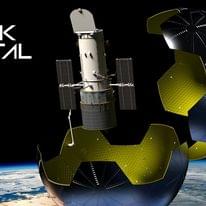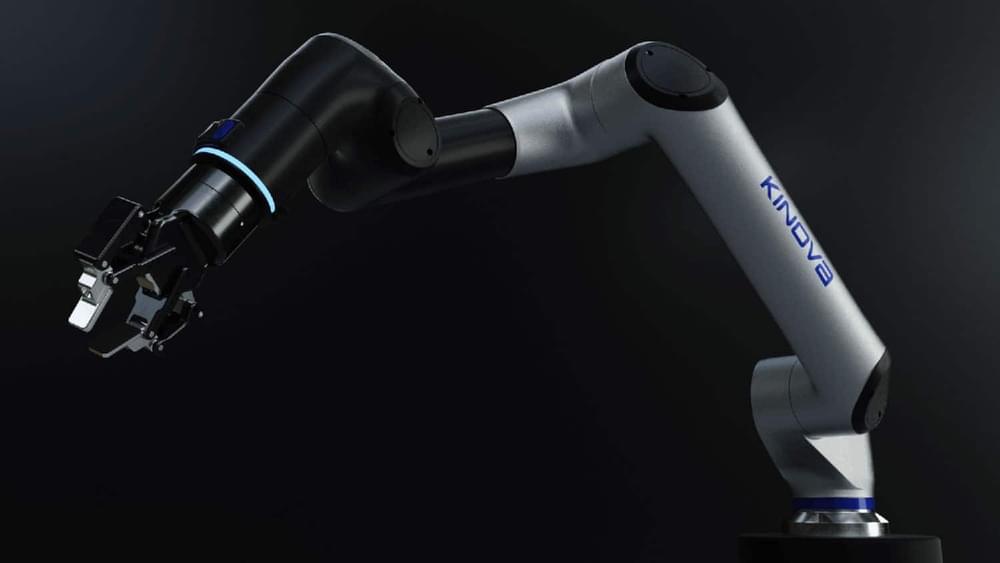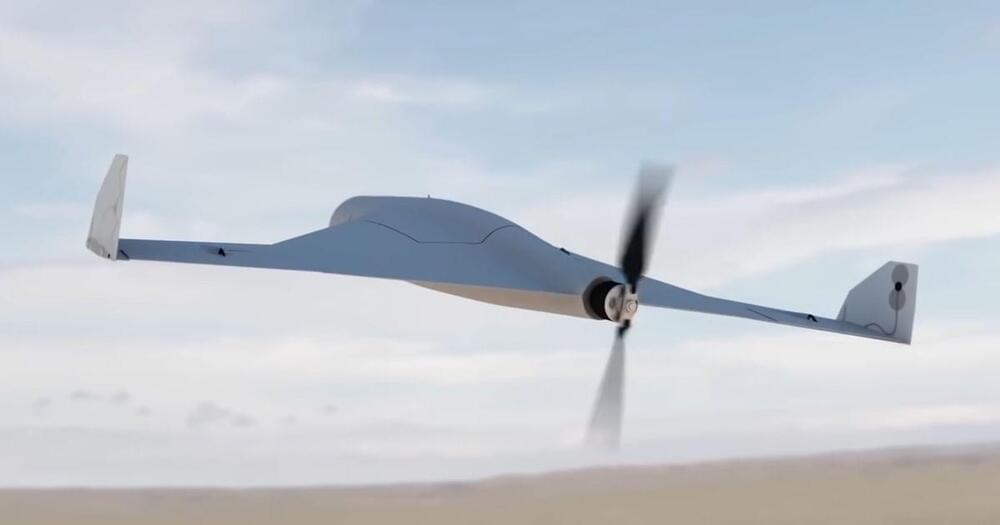Translator, a Microsoft Azure Cognitive Service, is adopting Z-code Mixture of Experts models, a breakthrough AI technology that significantly improves the quality of production translation models. As a component of Microsoft’s larger XYZ-code initiative to combine AI models for text, vision, audio, and language, Z-code supports the creation of AI systems that can speak, see, hear, and understand. This effort is a part of Azure AI and Project Turing, focusing on building multilingual, large-scale language models that support various production teams. Translator is using NVIDIA GPUs and Triton Inference Server to deploy and scale these models efficiently for high-performance inference. Translator is the first machine translation provider to introduce this technology live for customers.
Z-code MoE boosts efficiency and quality
Z-code models utilize a new architecture called Mixture of Experts (MoE), where different parts of the models can learn different tasks. The models learn to translate between multiple languages at the same time. The Z-code MoE model utilizes more parameters while dynamically selecting which parameters to use for a given input. This enables the model to specialize a subset of the parameters (experts) during training. At runtime, the model uses the relevant experts for the task, which is more computationally efficient than utilizing all model’s parameters.







